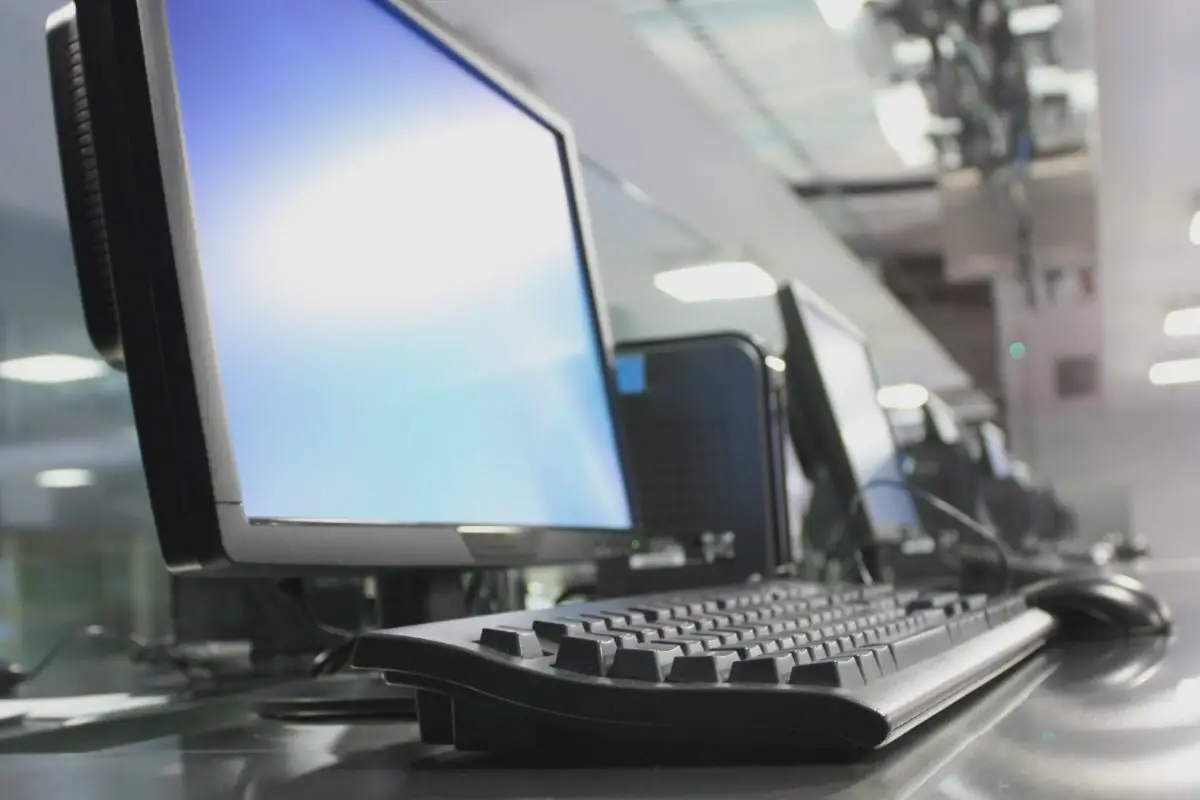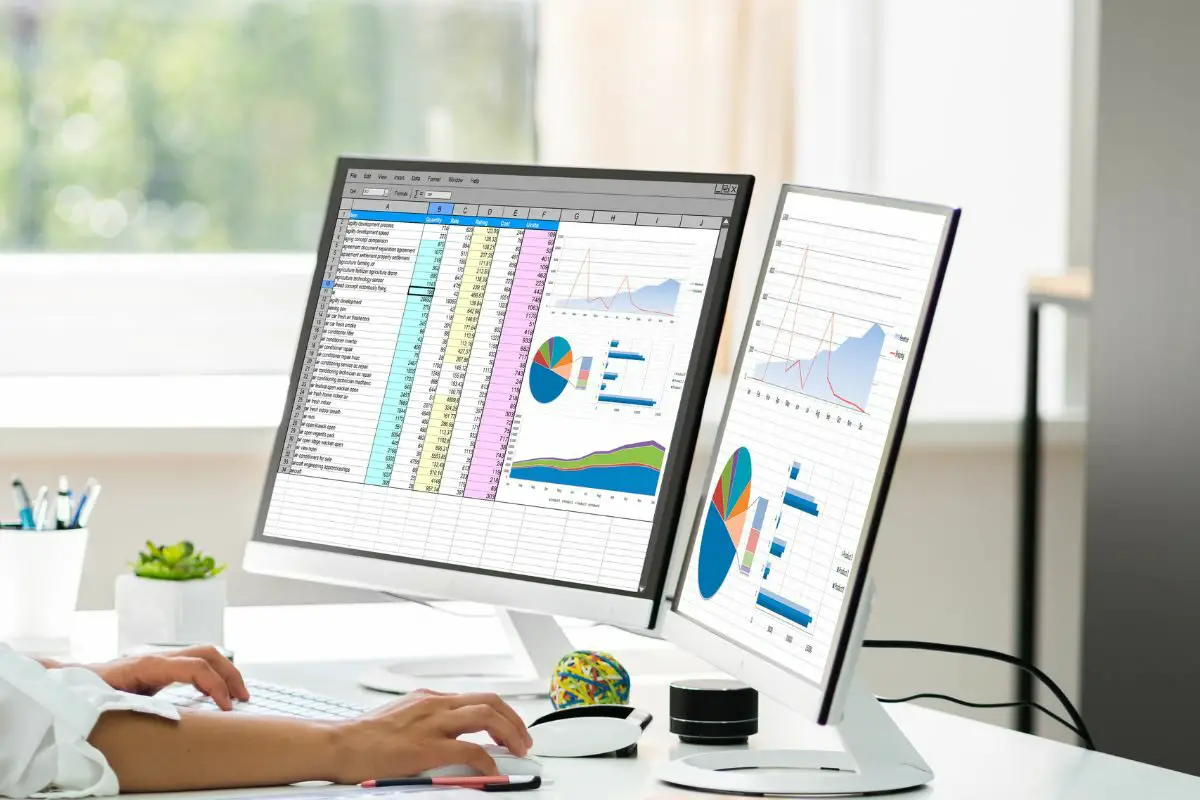
You can check your PC's power consumption most accurately using a watt meter, but you can also add up the values from software like Open Hardware Monitor or use online power consumption calculators.
When I was trying to upgrade my PC, I wasn't sure whether the new GPU and CPU I was looking at would surpass the potential of my power supply unit, or whether I'd need to get a newer one. This led me to calculate my PC's power consumption and it showed me that I was definitely going to need a bigger power supply unit.
So, if you're looking to figure out how much power your PC uses, just like I did, this article has all the answers you're looking for. Without further ado, let's get into it.
Contents
If you want to check your PC's power consumption, there are several methods that you can use.
Some are more accurate than others, but ultimately, you will always get a number that isn't too far off from the actual power consumption.
However, keep in mind that how much power your PC uses depends on how much load it is under. A computer that is in an idle state will use much less power than one that is rendering 4K video or playing a AAA game.

If you want the most accurate measurement of your PC's power consumption, you're best off using a watt meter (also called a power meter).
This is a small device that you plug into a wall outlet. You then plug the device whose power consumption you want to measure into the watt meter.
The display on watt meter will display how much power that device is using, and it does it more accurately than any other method on this list.
Of course, the downside of using power meters is that you'll actually need to buy them.
A watt meter also won't be able to give you a breakdown of how power-hungry each of your individual PC parts is. Other methods can give an estimate in this regard.
However, if you want to measure your PC's power consumption most accurately, this is the best choice. It can also be used regardless of whether you have a Windows, Mac, or Linux system.
Fortunately, getting an external power meter won't cost you too much money. You can get a reliable model like this one, without breaking the bank.
Windows software like Open Hardware Monitor can help you take a look at a lot of your computer specs, but it can also help out if you want to calculate PC power consumption.
The one thing that you might not like about this option is that it doesn't provide an overall power usage stat. Instead, you'll be able to check the power draw for your graphics card and CPU, but it won't account for other devices.
These two components consume a lot of power, but they certainly don't tell the whole story. This option is good if you want a minimum value to work with though.
You'll need to download and install Open Hardware Monitor before you can use it to measure power consumption, but it is a lightweight app that is well-known, so you don't need to worry about any threats when installing it.
Here's how to use this app to check your PC's power usage:

If you know your computer's specifications pretty accurately, you can utilize an online tool to check your PC's power usage.
These online calculators will require you to enter a lot of the details of your build, such as the type of motherboard, your GPU, CPU, RAM modules, and even the kind of storage devices you use.
They will then use the known power consumption stats of the parts you entered to calculate the power consumed by your system.
The OuterVision Power Supply Calculator is one of my favorite tools for getting an estimate of how much juice your PC uses.
It has a Basic mode if you don't know your computer specifications down to clock speeds and memory clock.
Then, there's an Expert mode that you'll find useful if you want a more accurate reading. With this, you enter details on all the external devices connected to the PC, like your USB devices, keyboard and mouse, and so on.
Another power supply calculator that you can use is made by Be Quiet!
This is similar to OuterVision's calculator since you will need to enter all the parts that make up your Windows PC. However, it goes for a more basic approach all around. You won't find expert settings here.
I personally find the layout and requested data to be a lot more accessible for beginners to handle.
Having an idea of your PC power consumption can be very helpful for multiple reasons.
Knowing the power consumed by your PC build will give you a good idea of how much it impacts your monthly electricity bill. Having a better idea of its energy consumption can help you cut costs if you want to.
When upgrading your computer, I find that knowing how much power the PC consumes already can give you a better idea of whether you'll need a PSU that can handle more power in the new build.
So, if your PC's power consumption is too high for your liking, how exactly can you drop it and make it a bit more conservative on your electricity costs?
Well, there are a few steps you can take.

You can easily check your computer's power consumption by using a watt meter that you plug into your wall socket, through applications like Open Hardware Monitor, or by using online tools that can give you a rough estimate of how much energy your PC setup uses.
Knowing how many watts of electricity your computer uses can let you know its impact on your electricity bill, and it can also be useful if you want to upgrade certain parts of your computer.
Was this article able to show you how to measure the power consumption of your PC? If so, take a look at the other articles we have to learn more.
